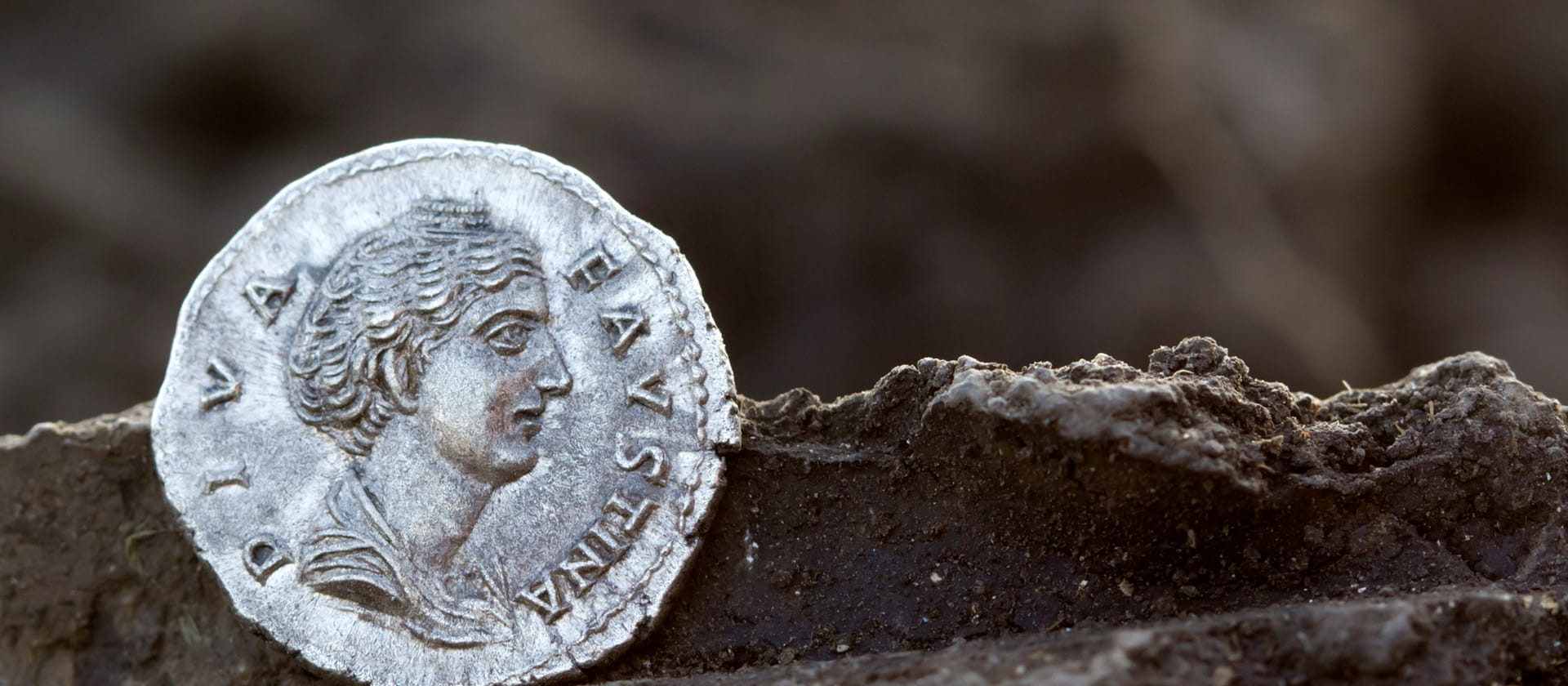Researchers in the Department of Archaeology, Classics and Egyptology are transforming our understanding of key issues in human society, including the origins of our species, the transformation from hunter-gatherer to farming societies, the emergence and character of the world’s earliest civilisations studied through their material culture and textual remains.
Our outward-facing and impactful research covers a wide range of topics, including the origins of complex human behaviour and early technologies, human palaeoecology and climate change, the values and cultures of ancient societies conveyed in texts from Egypt, the Near East, Greece and Rome (and receptions of the ancient world in later periods), innovative teaching tools to bring ancient Greek houses to life, Iron Age hillforts, and exploring the Roman economy through its coinage. Developing themes around the human body, death and funerary practices are also driving a number of projects, ranging from in-house burials in Neolithic Anatolia and private tombs in Egypt to the study of historical graveyards and mortuary practice from the 7th century to the present.
With successes in grant funding from major funders such as the European Research Council, Leverhulme Trust and UKRI (Future Leaders Fellowship), the Department’s commitment to developing and enhancing research excellence has been rewarded. Continued investment in the state-of-the-art Elizabeth Slater Archaeological Research Laboratories supports the Department’s drive to be at the vanguard of contemporary scientific archaeological investigation.
Back to: Research Excellence Framework 2021
